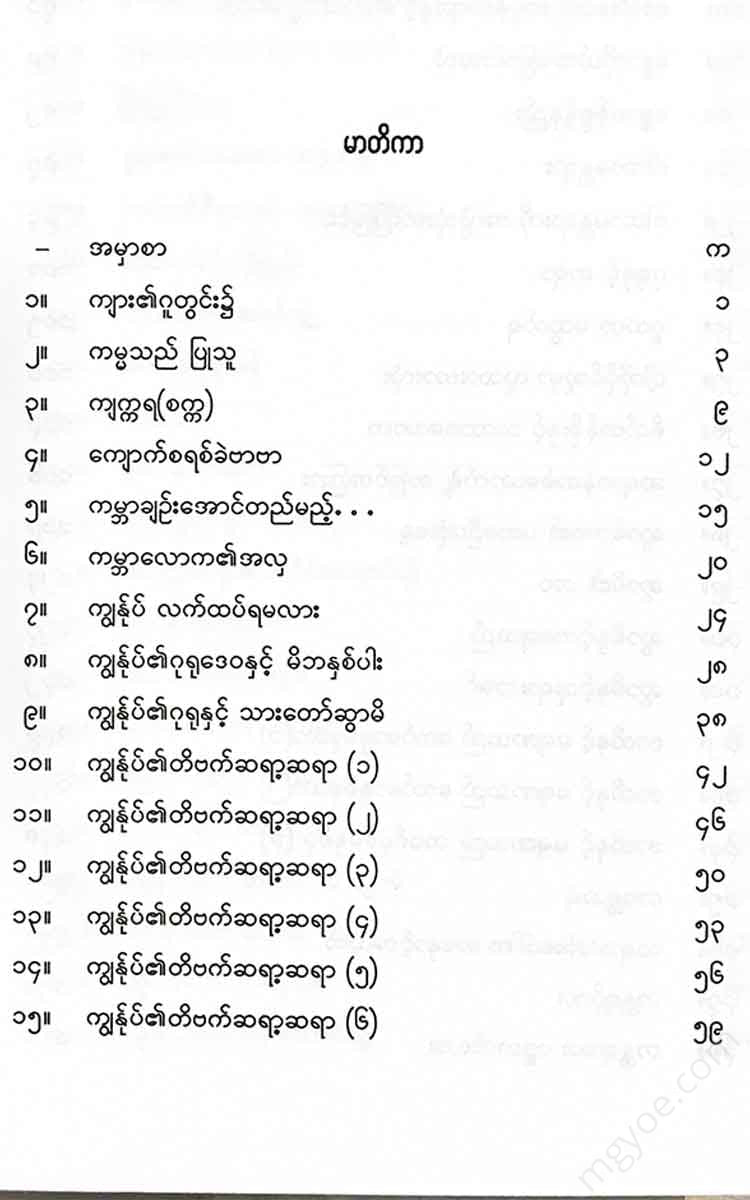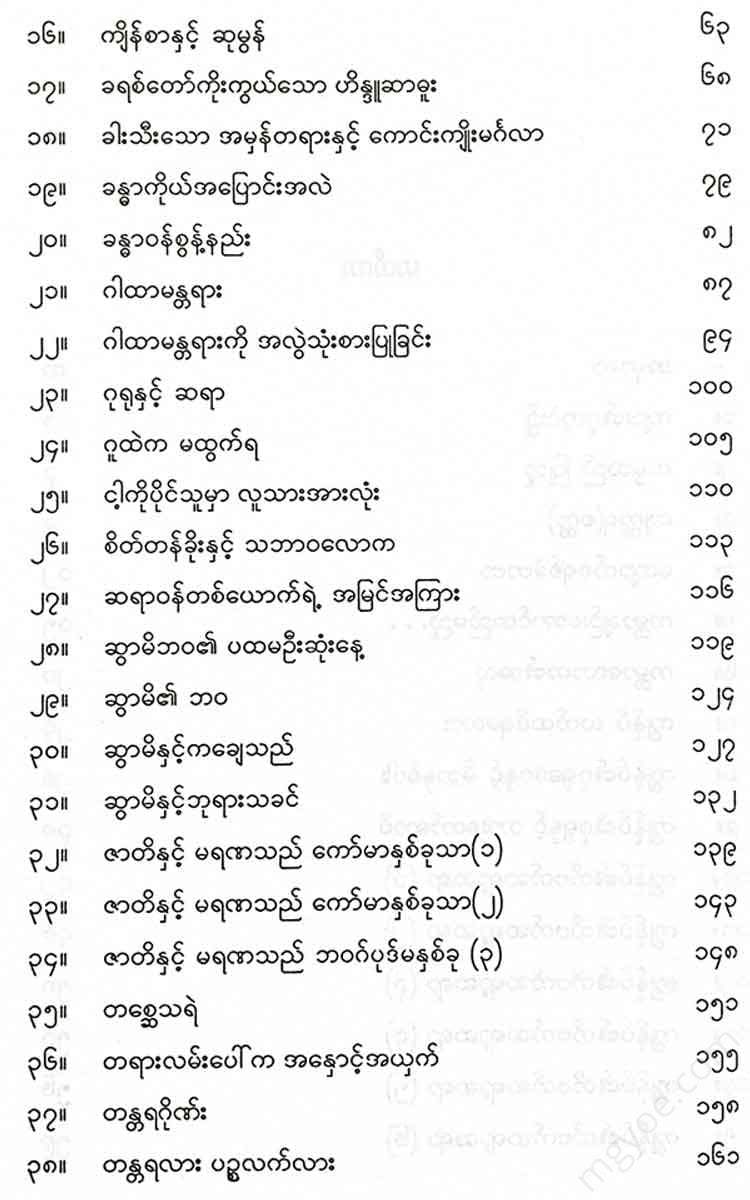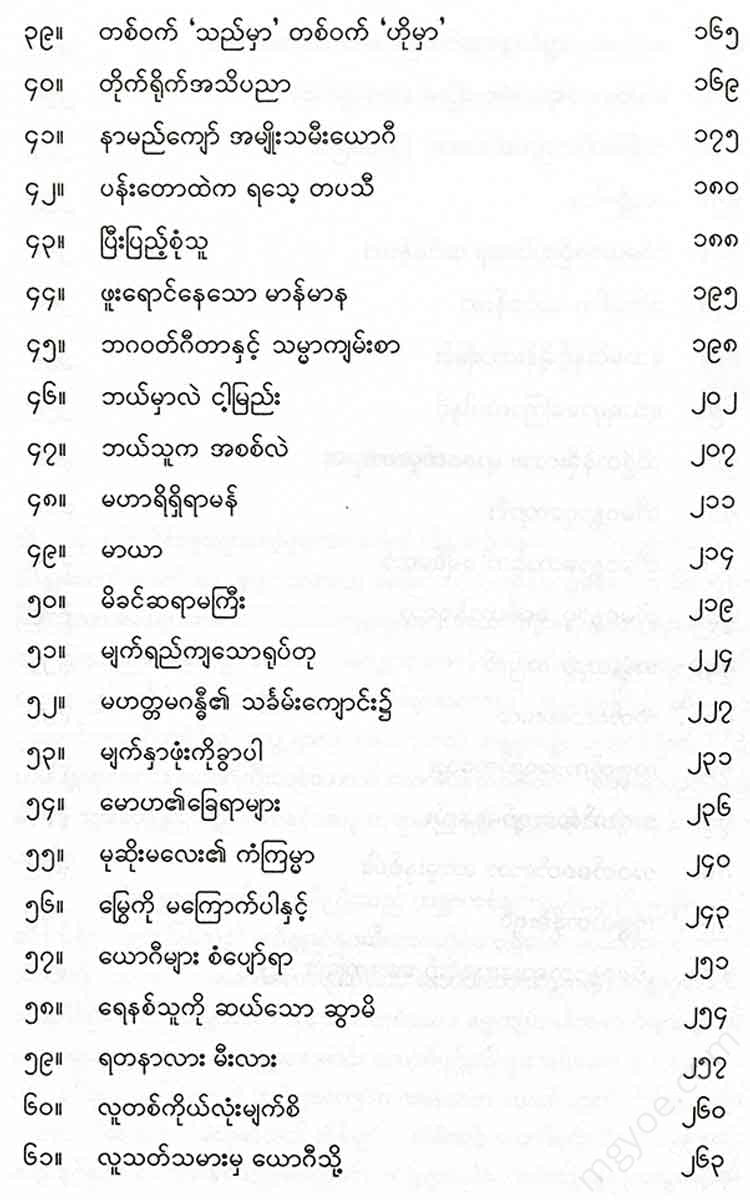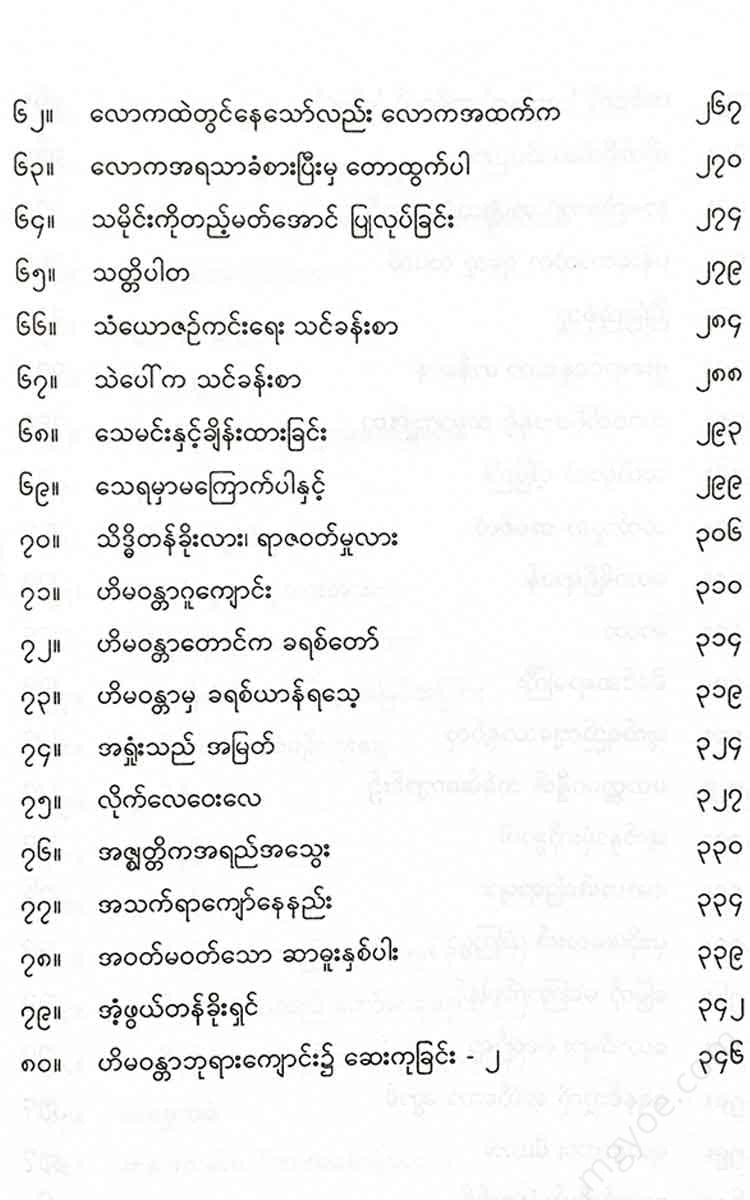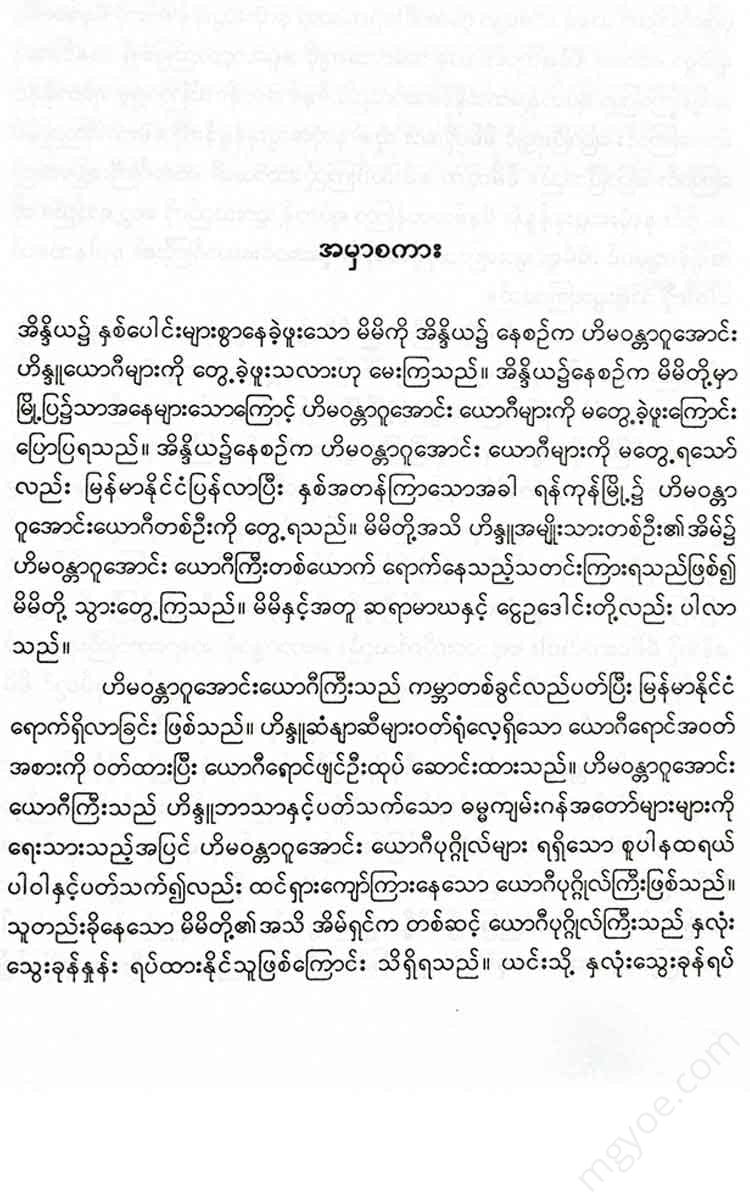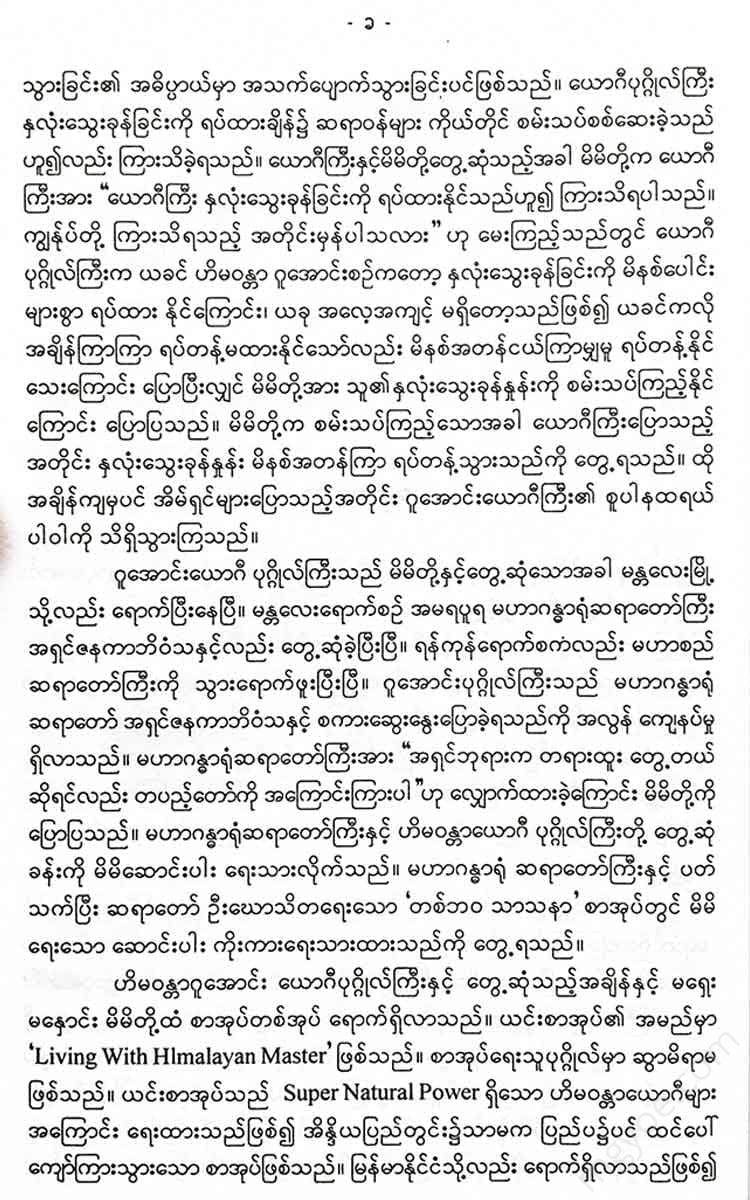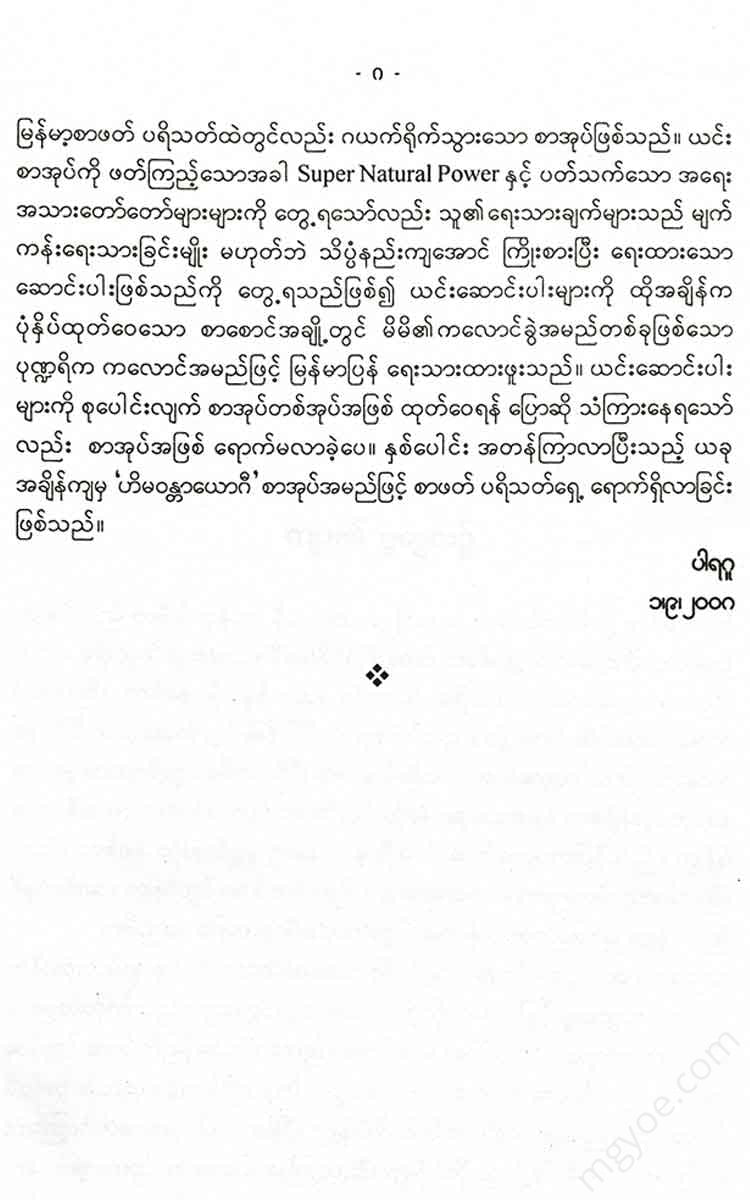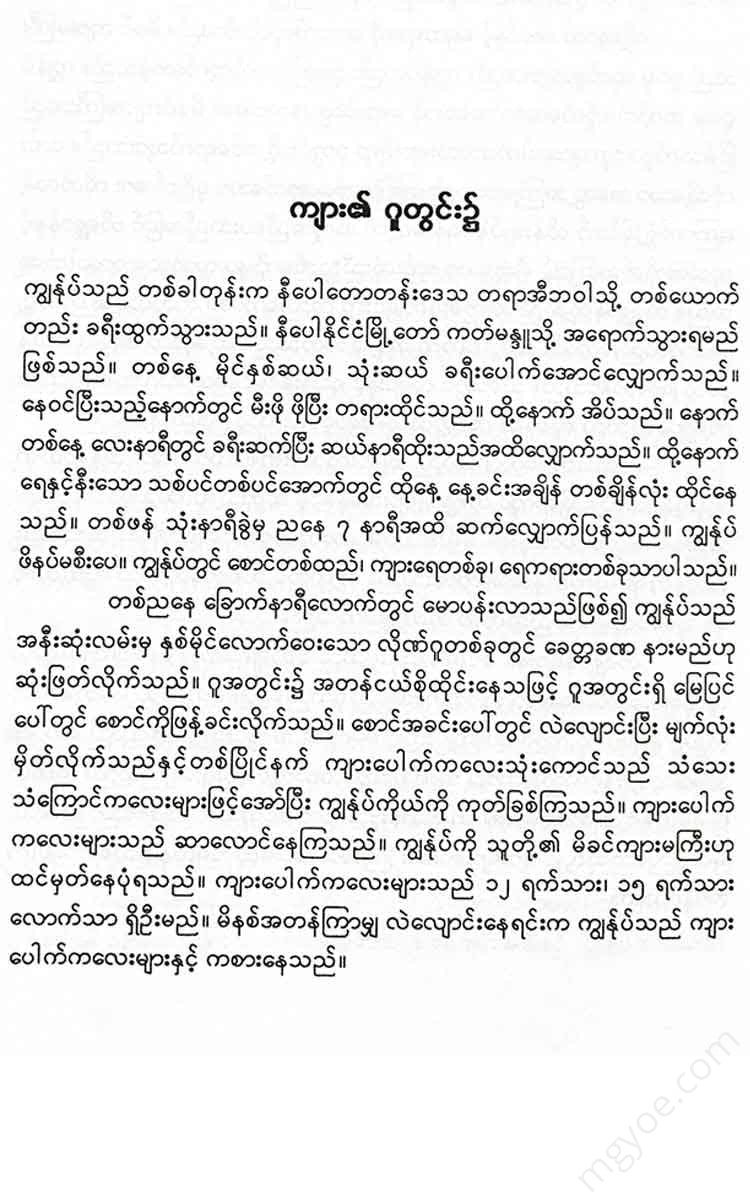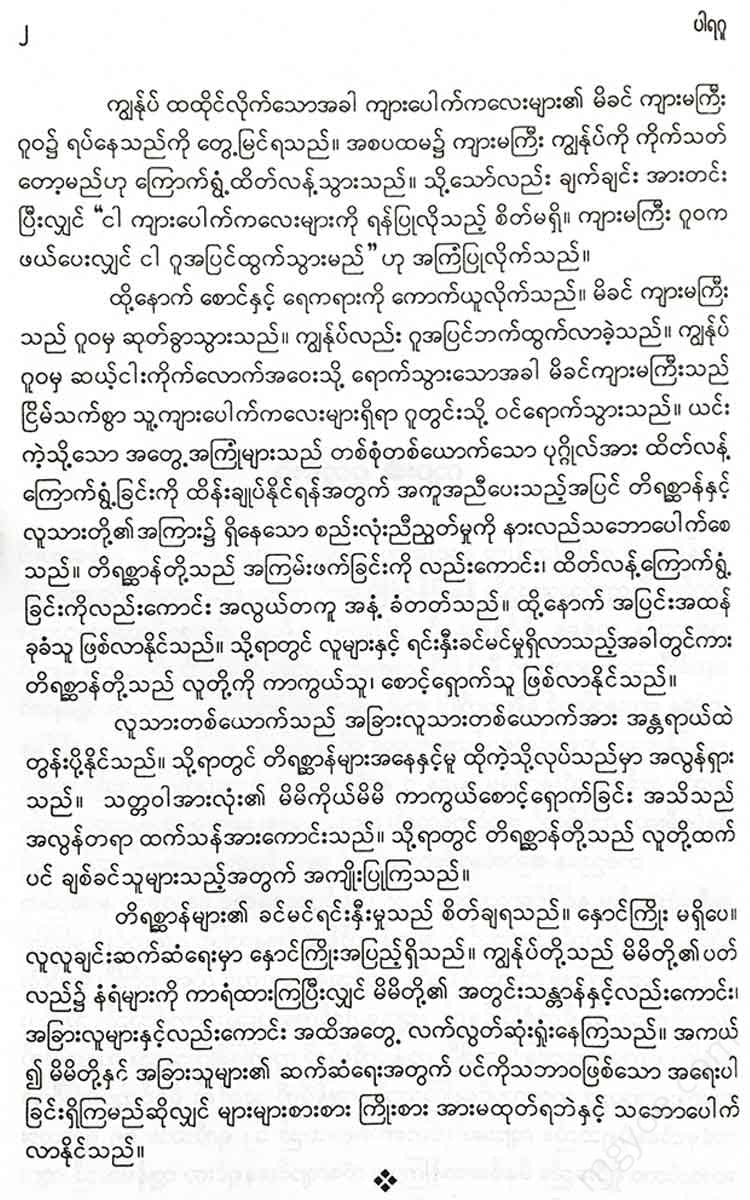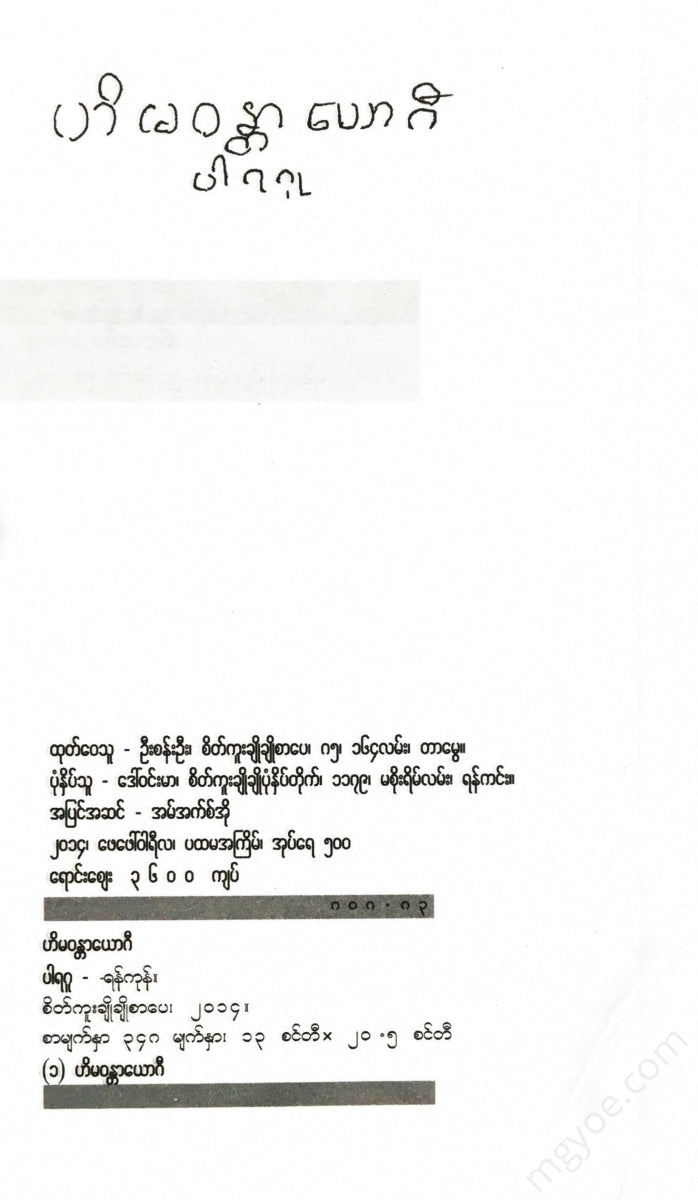စိတ်ကူးချိုချိုစာပေ
Expert - Himalayan Yogi
Expert - Himalayan Yogi
Couldn't load pickup availability
The doer of deeds
I have heard many times about a yogi named Uriyabhava. Uriyabhava was a great yogi, very famous for his knowledge and for his Dhamma work. He lived in Vrindavan.
My teacher sent me to live with that great yogi. One of the yogi's disciples, who knew me well, took me to Vrindavan. When I reached Vrindavan, I saw hundreds of people waiting to see the great yogi. His disciple went to inform the yogi of my arrival. The yogi instructed his disciple to take me to his room.
The great yogi must have been about 65 years old. He was tall. He was one of the greatest scholars of North India. The great yogi had a large following all over the country. He was very considerate and considerate towards me.
In the evenings we used to go to the banks of the Yamuna to purify ourselves. One evening I asked the great yogi, “Is renunciation of the worldly life better than living in it? Which is the right path?” During that time I was studying the philosophy of kamma. I knew that kamma is the law of cause and effect. I also realized that it is difficult to escape from this twin law of kamma.
The great yogi told me, “Everyone does not need to leave the worldly society. It is very difficult to follow the path of leaving the worldly society. In fact, there is no need to give up the things that are in the worldly society. Because as a human being, there is no real ownership of any material thing. So there is no need to give up any thing. But the idea of ownership has to be given up.
“There is no such difference between living in the worldly society and living outside it. Craving for worldly things is the cause of suffering. A person who is free from attachment to any object is free from the bonds of karma. A person who walks the path of action does not abandon his duties, but sets aside self-interest and performs them skillfully.
It is necessary to act. A person who leaves the worldly society renounces worldly things and moves away from worldly things. But that person also performs his duties which would otherwise be impossible.
“People who live in the world as married people also perform their duties, which they would otherwise not do. Those people who take the fruits of their labor and consume them become selfish and create many problems for themselves. These people find it difficult to get out of the bondage they have created.
If we do not abandon all attachments and attachment to property, the path to renunciation of worldly life will be fraught with hardship. If married couples become attached to material things and strengthen their self-interest and possessions, doing so will only create hardship for themselves.
“To achieve the goal of life, one must fulfill one’s duties both within and outside the worldly society. The path of leaving the worldly society and the path of performing one’s duties within the worldly society are two different paths, but both are equally beneficial for one’s liberation. One path is the path of renunciation, the other path is the path of victory.”
The great yogi again said that the law of action is a path that is equally applicable to all. Our past samskaras are deeply rooted in the unconscious. The samskaras or perceptions that lie within create various kinds of thoughts and ideas that manifest themselves through our words and actions. As a yogi, we can attain liberation from these samskaras. These perceptions are firmly rooted in the bed of our samskaras.
Those who can burn these samsara in the fire of detachment or selflessness can free themselves from the bonds they have created. The burnt rope no longer has the power to bind, but it is still visible as a rope. The hidden perceptions or samsara are unconscious, but because they have been burned by the fire of knowledge, their potential for sprouting has been exhausted and they will never grow. Burnt perceptions or samsara are like coffee beans that have been burned. Coffee beans that have been burned can be used to make coffee, but they do not have the power to sprout coffee beans. There are two types of samsara. One type of samsara helps in the path of meditation, and the other type of samsara hinders the path of meditation.
“Freedom from attachment is like a fire that burns away the binding power of past samsara. The same benefits that come from renunciation of worldly life can be attained by householders by practicing detachment from material things. A person who has left worldly life attains enlightenment outside worldly life, while a householder attains enlightenment within worldly life.
“Disinterest in things does not mean indifference or lack of affection. Disinterest and affection are one and the same. Disinterest gives freedom, attachment creates bondage. Through disinterest, the husband knows the purpose of his life and can perform his duties selflessly. The husband’s actions will become ways that are beneficial to the wife.
“A monk who has renounced the worldly world can attain enlightenment if he is always aware of the purpose of his life. Being free from attachments and renouncing the worldly world expands his consciousness. If an individual learns the method of expanding his consciousness or unites it with the consciousness of all, he will no longer be bound by his own karmic bonds. He will attain complete freedom from the bonds of karmic bonds.”
“Such special individuals are those who have the power to show others the path to liberation. Such special individuals are the ones who


